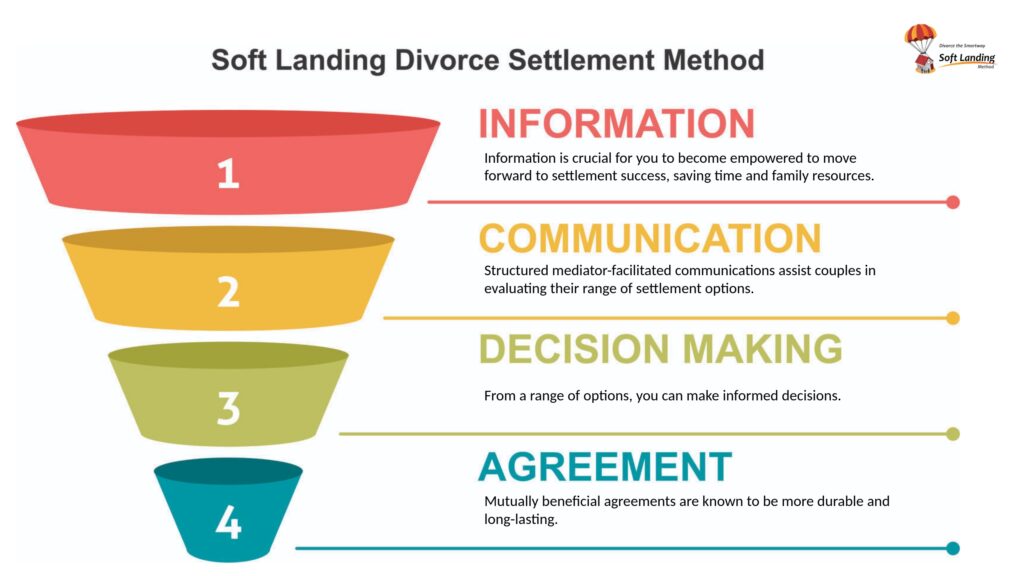Soft Landing: Superior Common-Law Separation with DTSW

Common Law FAQ
To end a common-law relationship in Canada, you simply separate and start living apart. However, you may need to resolve issues like spousal support and property division.
There’s no formal application to become common law in Ontario. It’s based on the duration and nature of your relationship
Common law starts after you’ve lived together for at least three years or have a child together and are in a relationship of some permanence.
Common law works differently than marriage in Ontario. While you don’t have automatic property rights, you may be entitled to spousal support and can make claims to property under certain conditions.
Common law in Ontario refers to a relationship where two people live together in a conjugal relationship without being legally married
To become common law in Ontario, you need to live together in a conjugal relationship for at least three years or have a child together and be in a relationship of some permanence.
You are considered common law in Ontario if you have been living together in a conjugal relationship for at least three years or have a child together and have been in a relationship of some permanence.
In Ontario, a common-law spouse is generally not entitled to property division rights like a married spouse. However, they may be entitled to spousal support.
Property Division and Financial Support in Common-Law Separation
Links to additional resources you may find useful
- Dividing Property when a Marriage or Common Law Relationship Ends – Explanation of property division laws for common-law couples.
- Division of Property in Common Law Separations – Details on property division rules for common-law partners in Ontario.
- Marital Status – Explanation of marital status definitions for tax purposes, including common-law relationships.
- Separation – FAQs on the process of separation for both married and common-law couples.
- How do I Legally Separate from my Partner in Ontario? – Steps and legal requirements for separation in Ontario.
- Ontario Common-law Spouses Should Have the Same Rights as Married Couples – Discussion on the push for equal rights for common-law partners in Ontario.
Ken Maynard CDFA, Acc.FM
I assist intelligent and successful couples in crafting rapid, custom separation agreements that pave the way for a smooth transition towards a secure future. This efficient process is achieved in about four meetings, effectively sidestepping the excessive conflicts, confusion, and costs commonly linked to legal proceedings. Clients have the flexibility to collaborate with me either via video conference or in-person through a DTSW associate at any of our six Greater Toronto mediation centers, located in Aurora, Barrie, North York, Vaughan, Mississauga, and Scarborough.
Have a few questions - Tap here to Schedule a Get Acquainted Call


















































